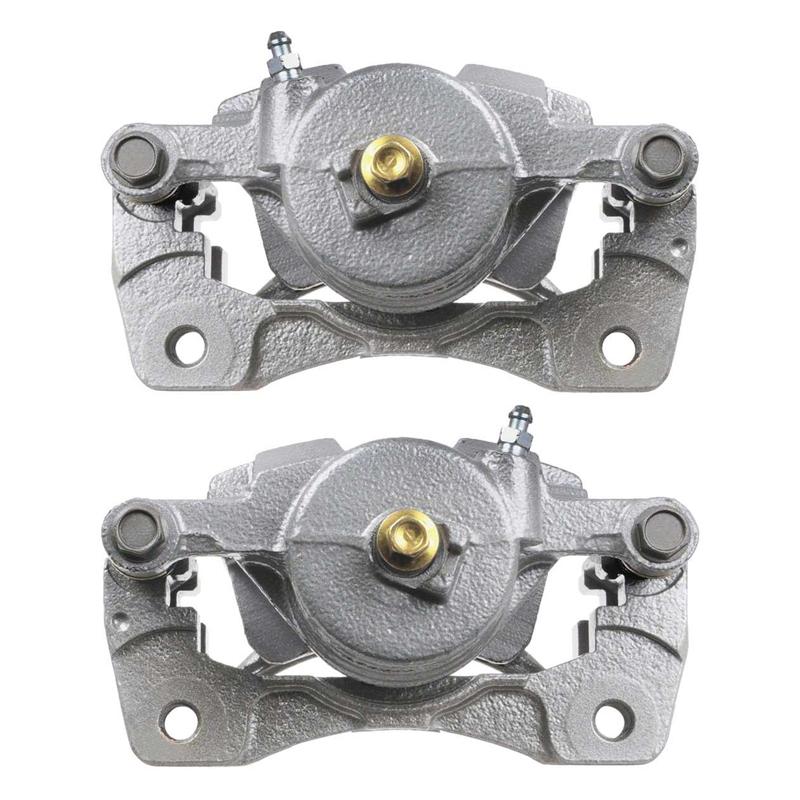

While brake noise may not be a direct symptom of failing brake calipers, it’s best to get your brake system checked if you ever encounter these. On top of that, if your brake pads are getting old, the backing plates (that are situated behind the brake pads) may start grinding against brake rotors, damaging them. While brake dust is a normal byproduct of the braking process, an excessive amount can create squealing noises or an uneven rotor surface that generates vibrations while braking. This can produce excess brake dust that may stick to the car’s tires, brake caliper, and brake rotor. Brake NoiseĪ damaged brake caliper can cause the brake pads to drag against the brake rotor (brake discs) - for instance, when there’s a stuck caliper piston.

It could also be because you have failing brake calipers that are not exerting sufficient, uniform braking pressure on both sides. It could be because you have uneven wear on your brake pads (in disc brakes) caused by a stuck caliper piston. If you notice your vehicle steering to one side of the road when you press the brake pedal, it’s probably a problematic caliper. Vehicle Veers Off To One Side While Driving It can affect your brake system performance and eventually result in bad brake control. Leaking Brake CalipersĪ broken or faulty caliper piston seal can lead to a brake fluid leak inside the old caliper. Here are some of the most frequent signs: 1. 5 Signs That Point To A Bad Brake CaliperĪ faulty brake caliper can present itself in many ways.


 0 kommentar(er)
0 kommentar(er)
